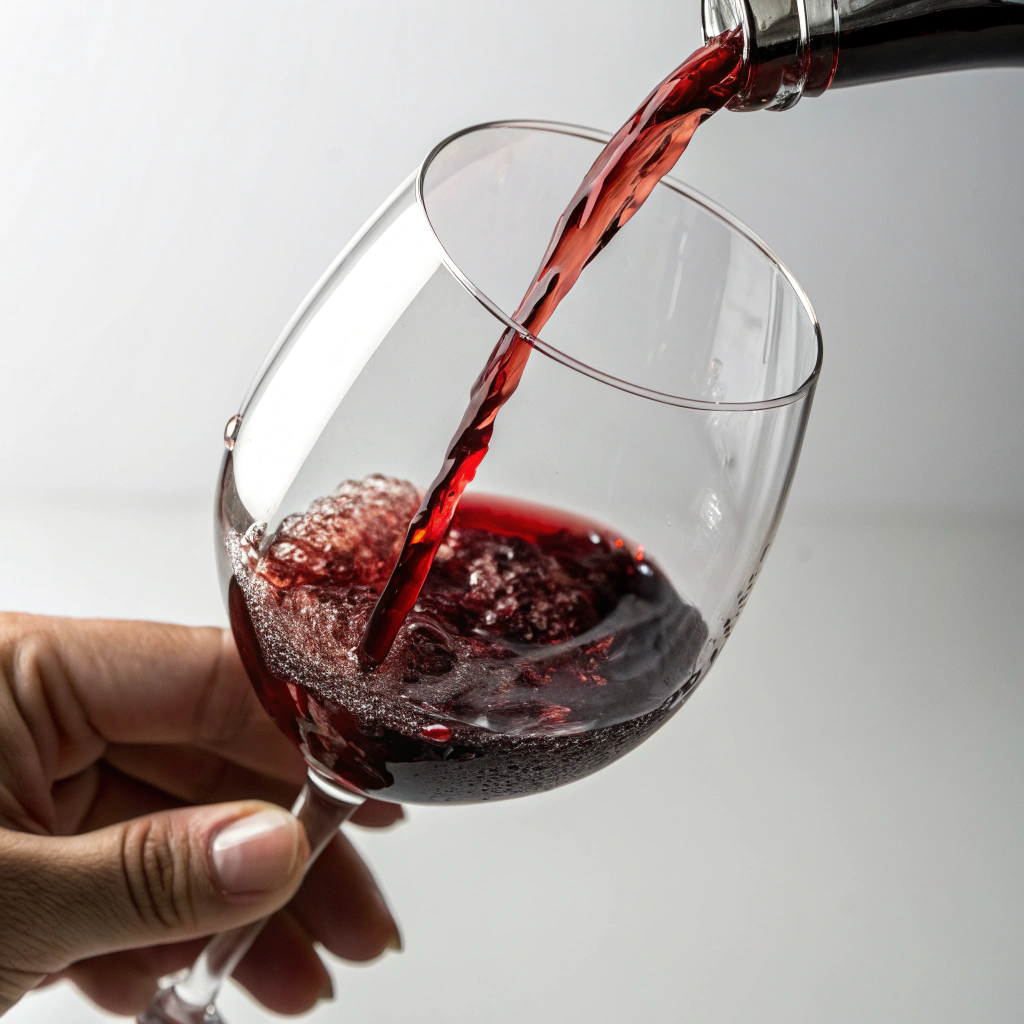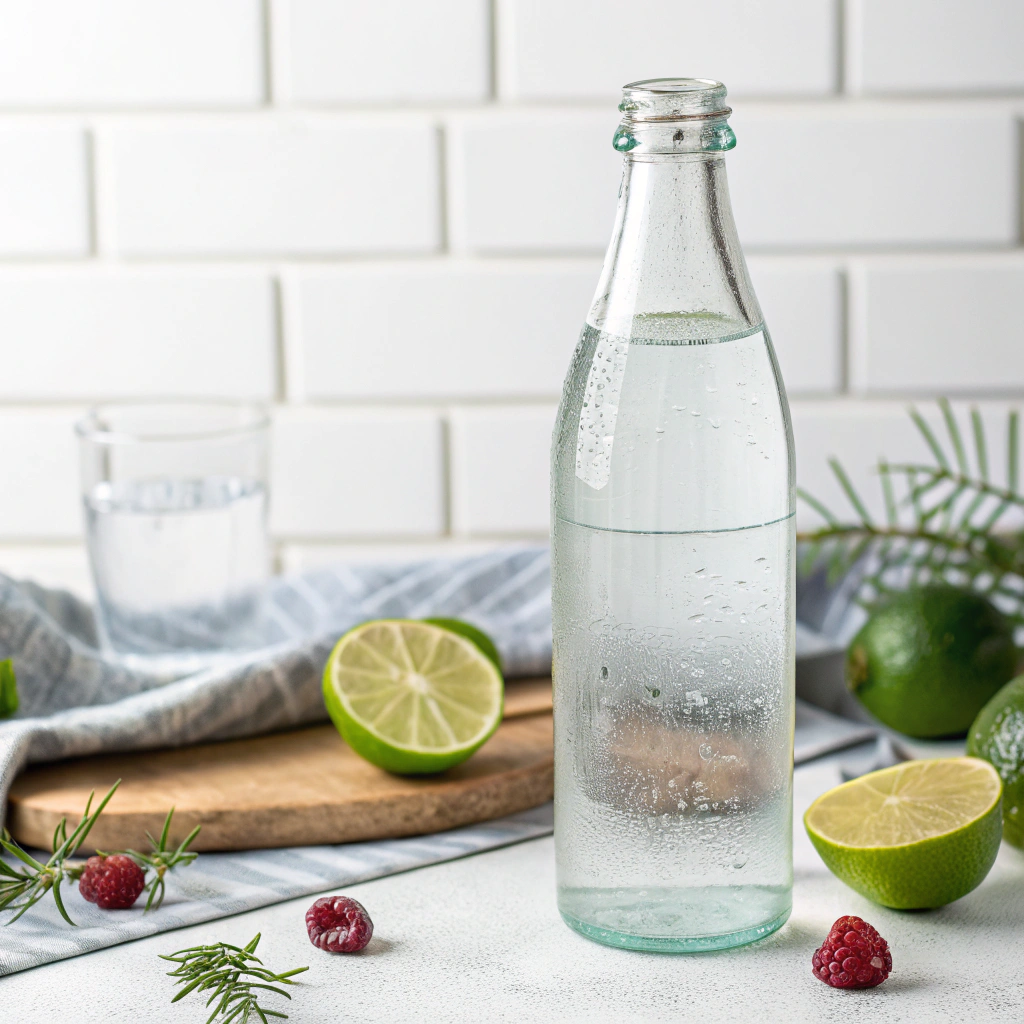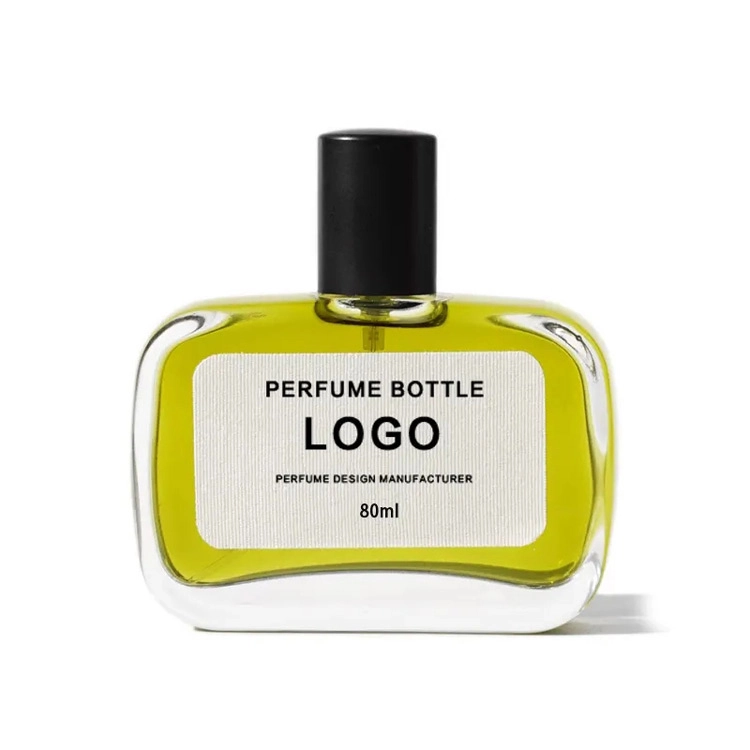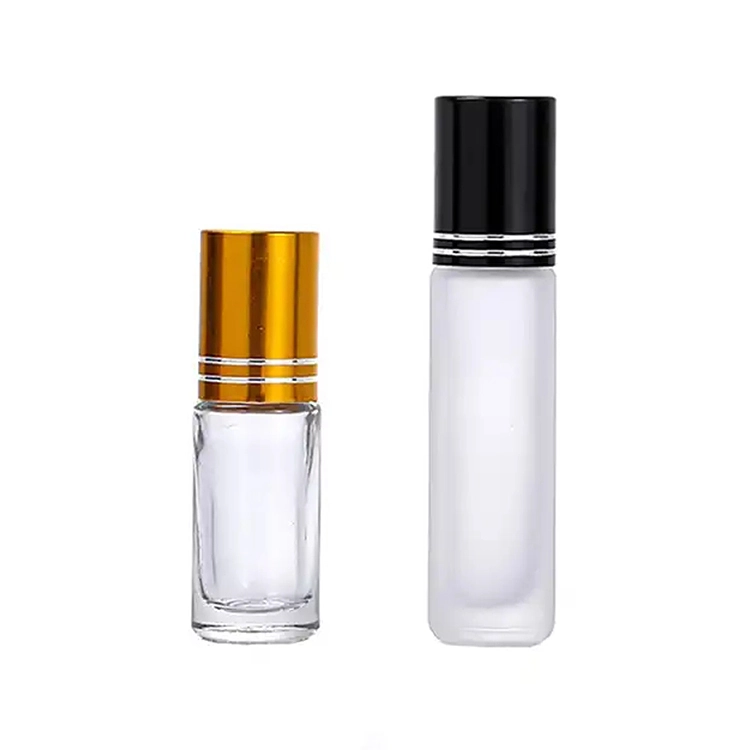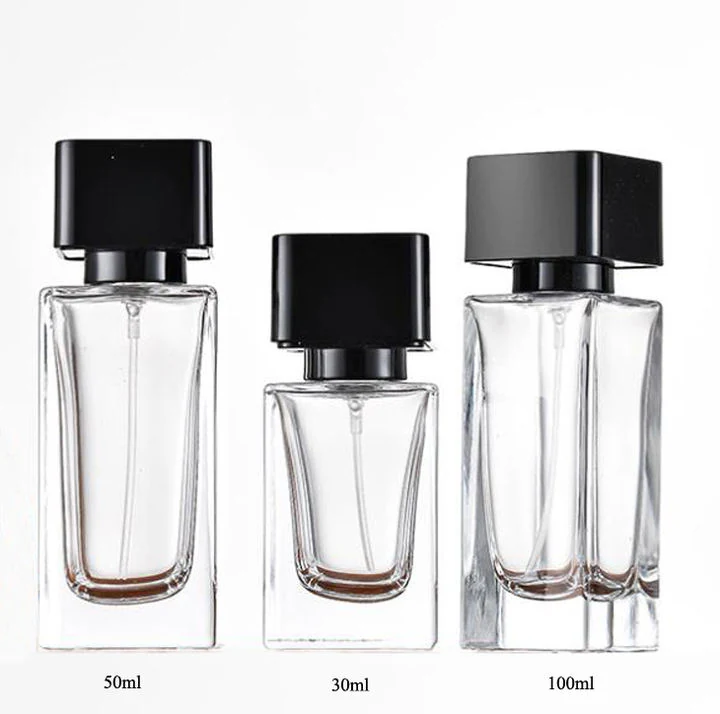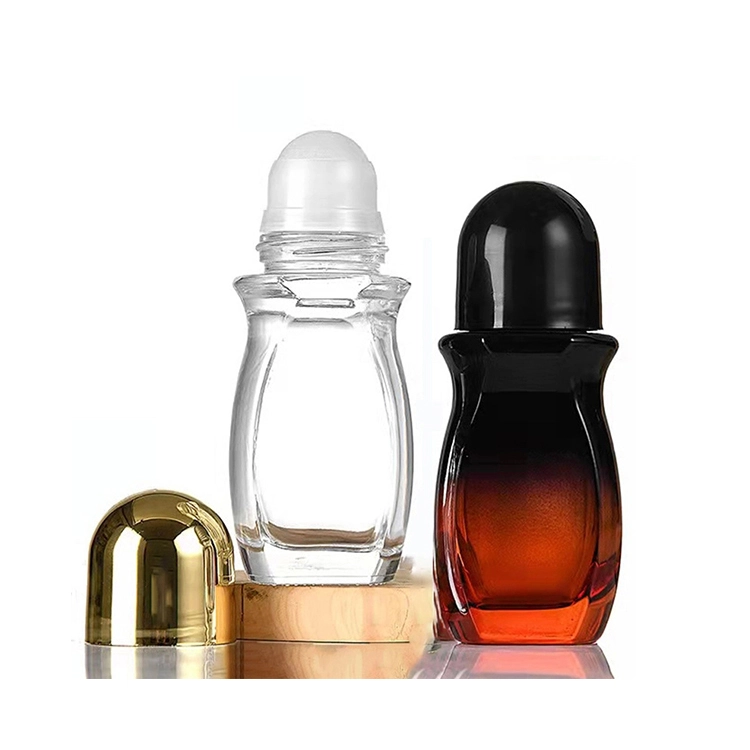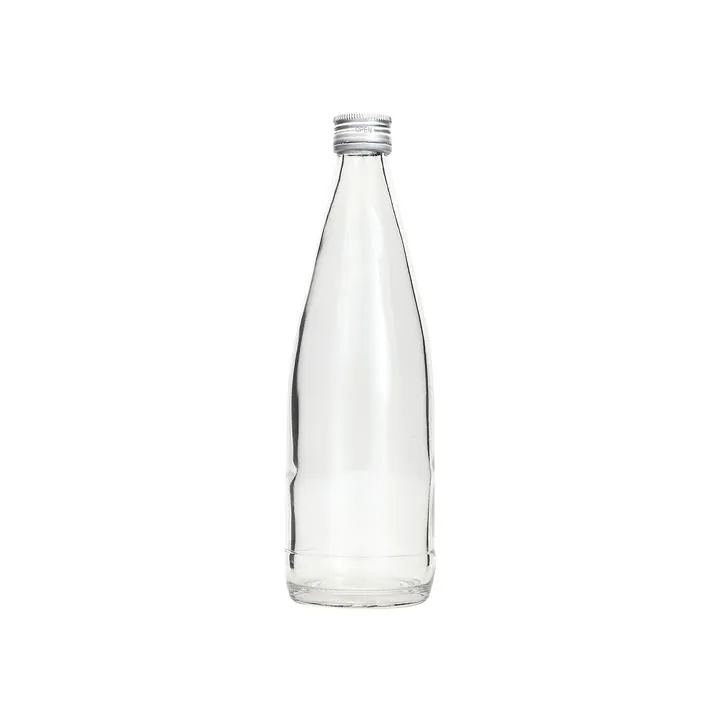
Part 1: Market Size and Growth
Burundi’s glass packaging industry is small but vital for its beverage and food sectors. Beer, soft drinks, and spirits are the main drivers of demand, with breweries playing the central role in glass bottle use. Urbanization and rising consumer demand support the continued use of durable glass containers.
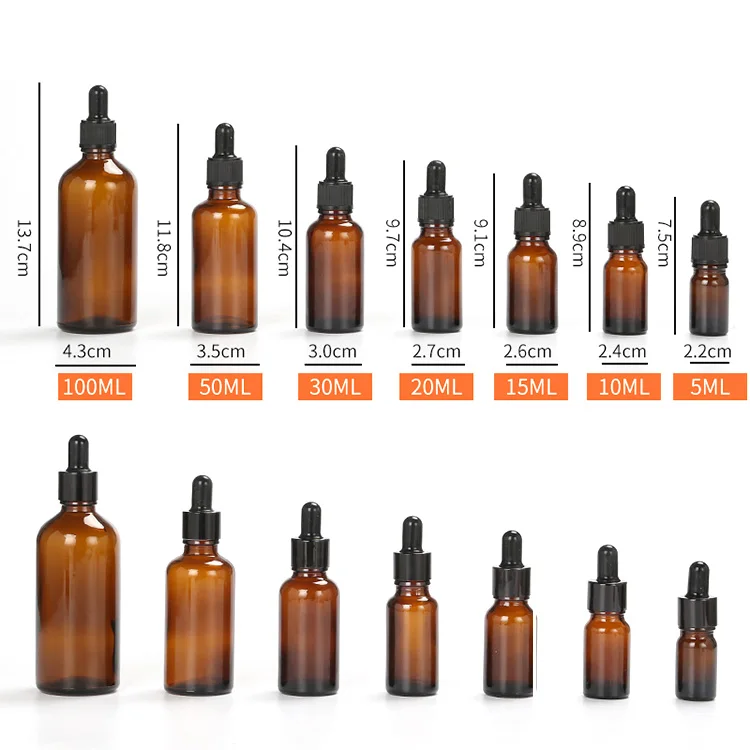
Most glass bottles in Burundi are imported, mainly from neighboring countries like Rwanda, Uganda, and Tanzania. Local companies focus on bottling and distribution, while sourcing glass containers from regional suppliers. This cross-border reliance makes logistics and trade agreements essential.
The government’s interest in reducing plastic waste also encourages businesses to adopt more sustainable packaging. Glass bottles are increasingly viewed as eco-friendly and suitable for both local and export markets.
Part 2: Leading Companies
Brarudi (Brasseries et Limonaderies du Burundi)
Brarudi, founded in 1955, is the largest brewery and beverage company in Burundi. Based in Bujumbura, it produces beer, soft drinks, and bottled water, making it the main user of glass bottles in the country.
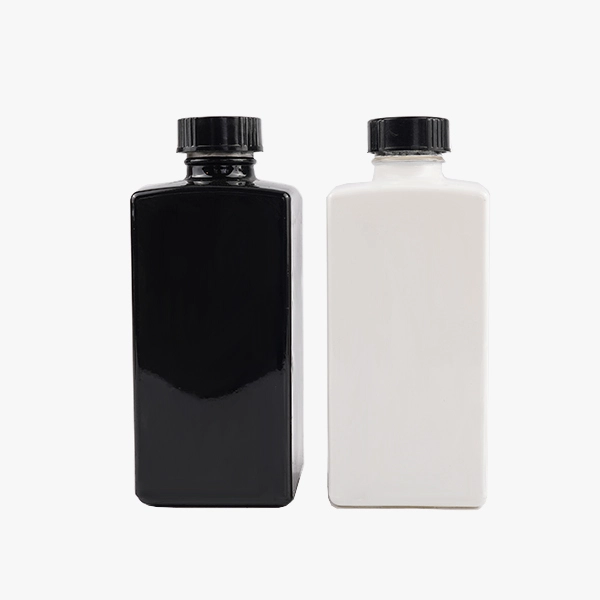
Its product line includes beer bottles, soda bottles, and reusable beverage containers. Brarudi relies on glass for its premium brands and long-standing identity.
The company operates bottle collection and reuse programs, helping reduce costs and promote sustainability. It has earned recognition in East Africa for its recycling efforts.
Local Spirits and Distilleries
Burundi is home to small-scale distilleries producing spirits, liqueurs, and traditional drinks. These businesses depend on glass bottles for branding and packaging, especially for exports and the tourism market.
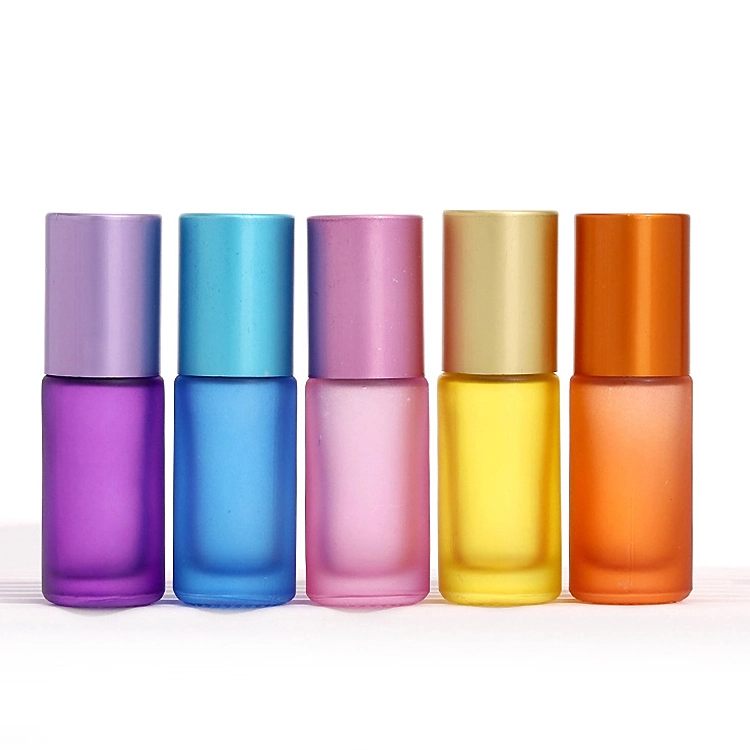
Their products include rum bottles, herbal liquor bottles, and custom decorative packaging. Glass is essential for product quality and consumer trust.
These distilleries often import bottles but focus on local labeling and artisanal finishes. They are recognized for promoting Burundi’s cultural heritage through packaging.
Agro-Food Producers
Agro-food companies in Burundi, producing products such as honey, sauces, and juices, also use glass bottles. These businesses are smaller but play a growing role in diversifying demand.
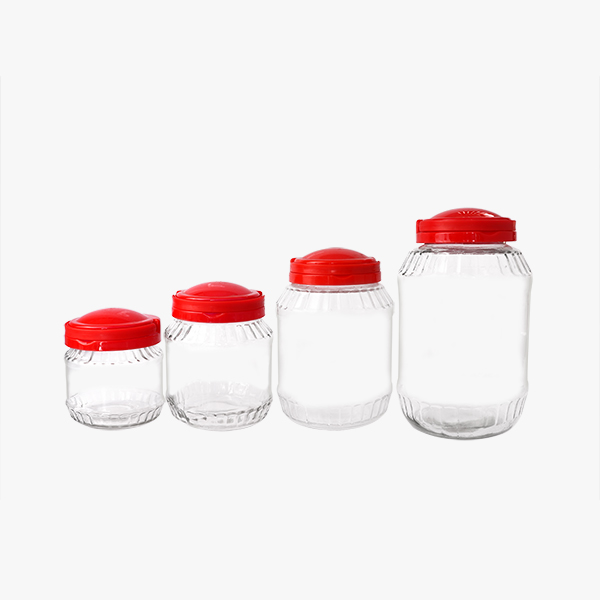
Their products include honey jars, sauce bottles, and juice containers. They rely on glass for premium branding and export readiness.
Most agro companies collaborate with regional suppliers and maintain food safety certifications for international trade.
| Company | Founded | Core Products | Industries | Certifications |
|---|---|---|---|---|
| Brarudi | 1955 | Beer bottles, soda bottles | Breweries, beverages | Sustainability Recognition |
| Local Distilleries | Various | Spirits bottles, herbal liquors | Spirits, tourism, exports | Local Quality Standards |
| Agro-Food Producers | 21st century | Juice bottles, honey jars, sauces | Food & beverages | Food Safety Certifications |
Part 3: Trade Shows and Industry Events
Foire Internationale de Bujumbura (Bujumbura International Fair)
The Bujumbura International Fair is the country’s most important trade exhibition, featuring food, beverage, and packaging sectors. Beverage companies display glass-bottled products, attracting regional buyers. It is a major platform for visibility and partnerships.
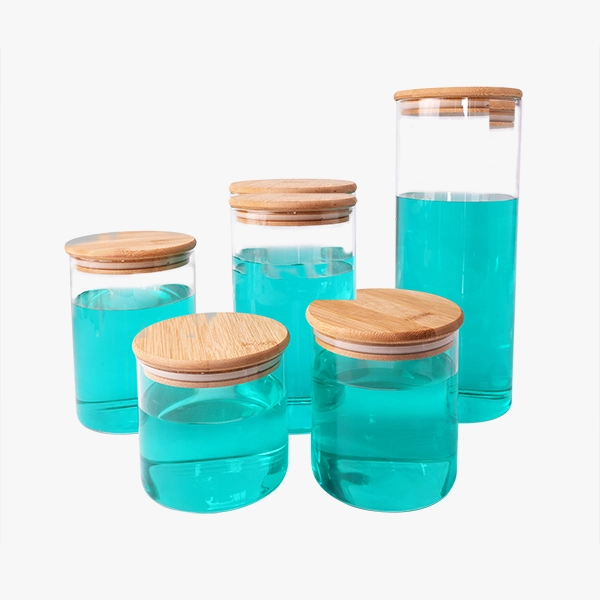
Held annually, the fair gathers exhibitors from across East Africa. Highlights include beverage showcases, packaging innovations, and sustainability initiatives.
East Africa Agrofood and Packaging Expo
Burundian companies also participate in the East Africa Agrofood and Packaging Expo. This regional event connects Burundi’s producers with suppliers of glass bottles and packaging technology. It helps local businesses access international markets.
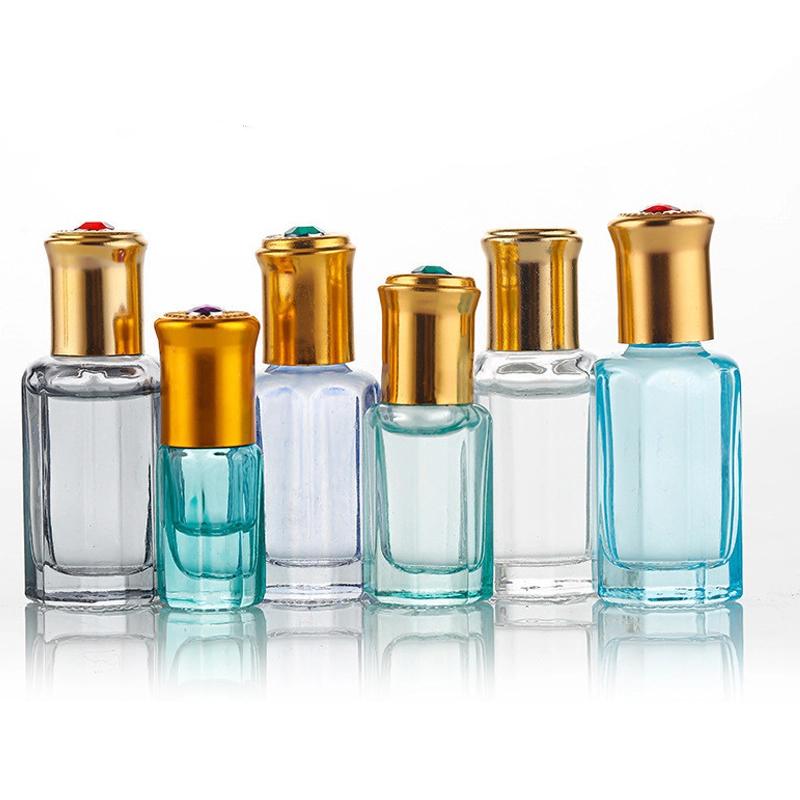
The expo is hosted in East African capitals, often attracting global suppliers. Highlights include eco-friendly packaging, recycling systems, and new branding solutions.
| Event | Date | Location | Highlights |
|---|---|---|---|
| Bujumbura International Fair | Annual | Bujumbura, Burundi | Beverage packaging, regional networking |
| East Africa Agrofood & Packaging Expo | Annual | East Africa (rotating) | Glass packaging, recycling, branding |
Part 4: Impact of Global Trade Policies
Burundi relies heavily on imported glass bottles, making trade policies critical. Tariffs, regional agreements, and global shipping costs affect availability and pricing. This dependency creates challenges for local companies.
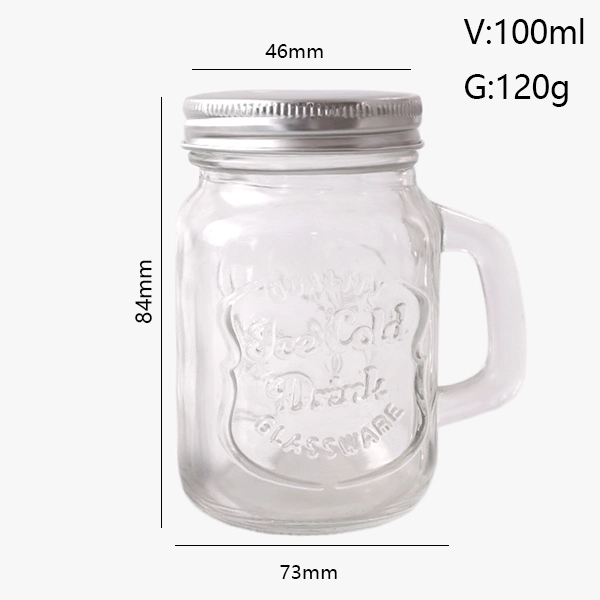
The East African Community (EAC) trade framework helps Burundi source bottles more easily from regional suppliers. This reduces costs and strengthens supply chains.
Global sustainability trends encourage the adoption of refillable bottles and recycling programs. By aligning with these policies, Burundian companies can improve competitiveness in both domestic and export markets.
Part 5: Conclusion
Burundi’s glass bottle industry is centered around Brarudi and supported by local distilleries and agro-food companies. Growing demand and sustainability initiatives create opportunities for expansion.
Challenges include dependency on imports, high logistics costs, and limited recycling infrastructure. The sector’s future will rely on regional partnerships and eco-friendly packaging solutions.
Recommended Reading:
- Glass Bottle Manufacturers in Burkina Faso
- Glass Bottle Manufacturers in Brunei
- Glass Bottle Manufacturers in Botswana
- Glass Bottle Manufacturers in Bosnia and Herzegovina
- Glass Bottle Manufacturers in Bhutan
- Glass Bottle Manufacturers in Benin
- Glass Bottle Manufacturers in Belize
- Glass Bottle Manufacturers in Finland
Unique amber 400ml glass juice cup for sale
Glass Reed Diffuser Bottles Wholesale 50ml 100ml 150ml 200ml
200ml 350ml Glass Milk bottles With screw cap
Amphora Glass Jars with Metal Lids 100ml 150ml 270ml 500m

